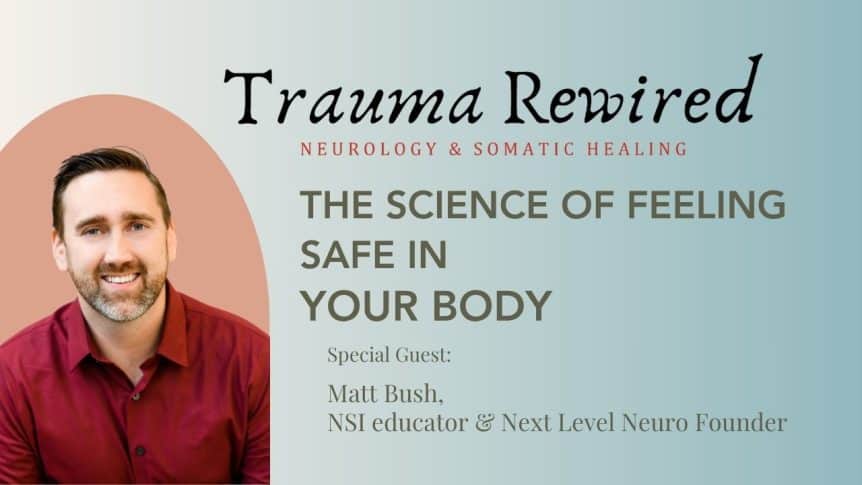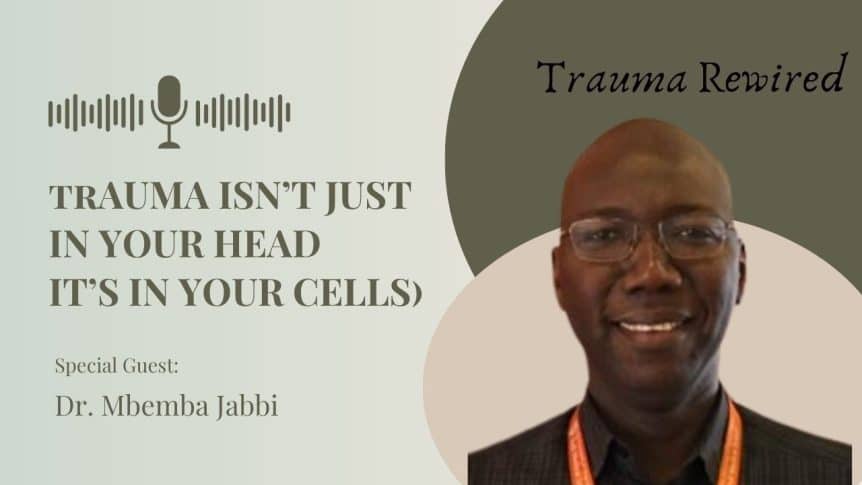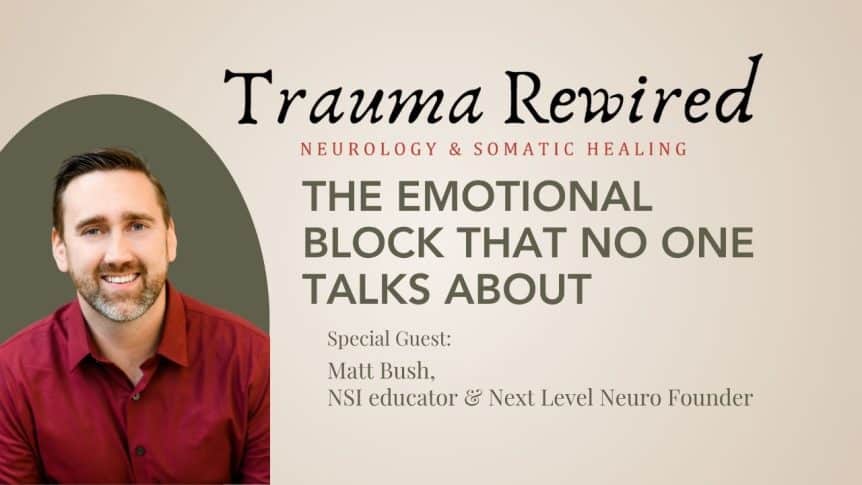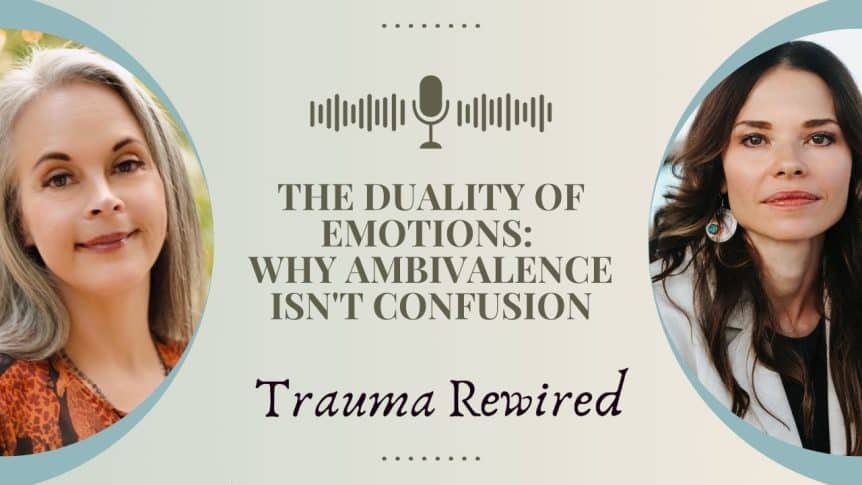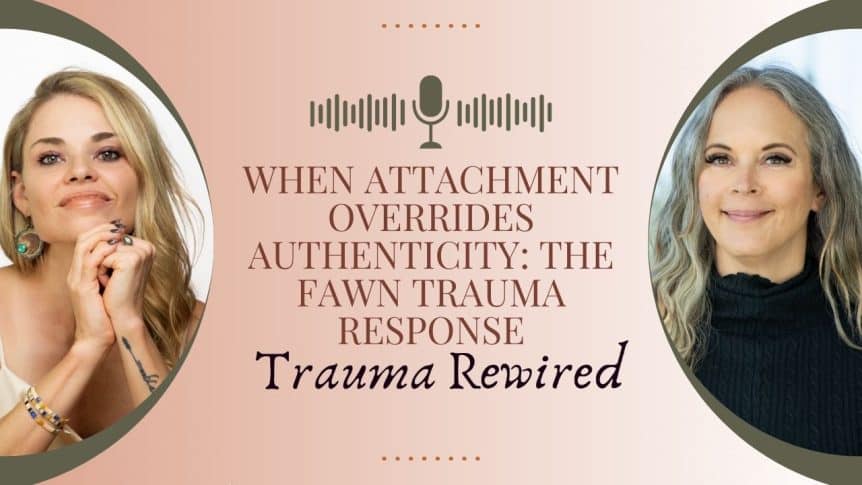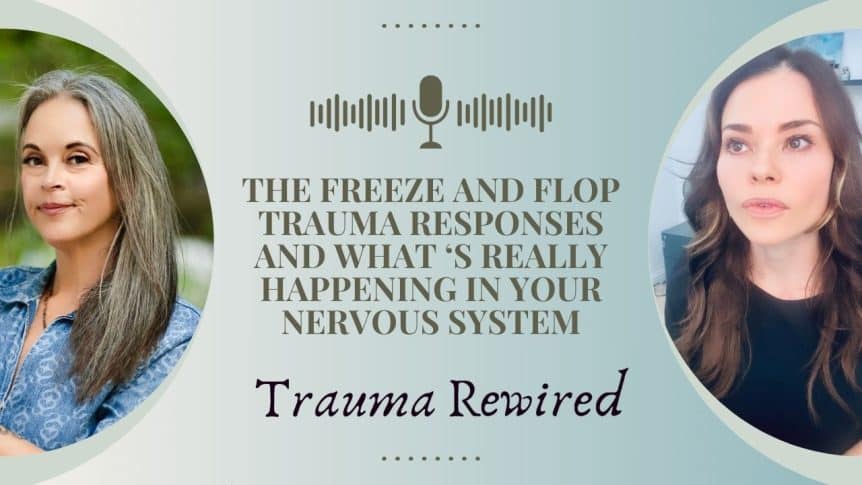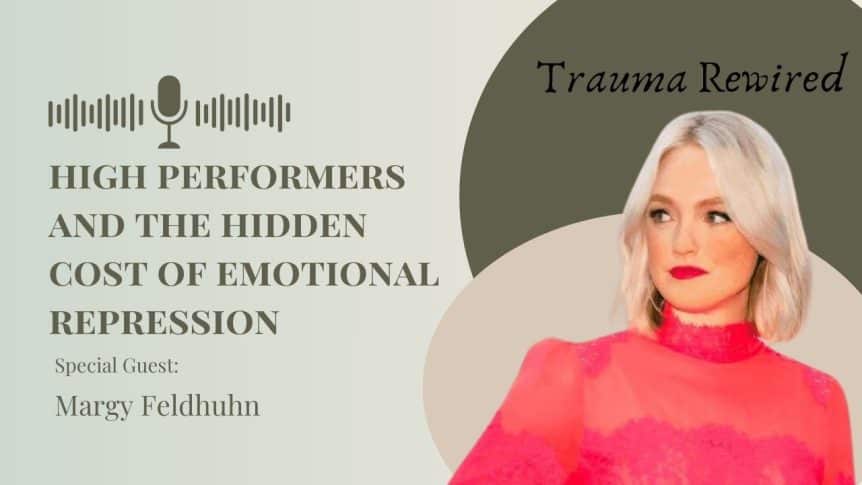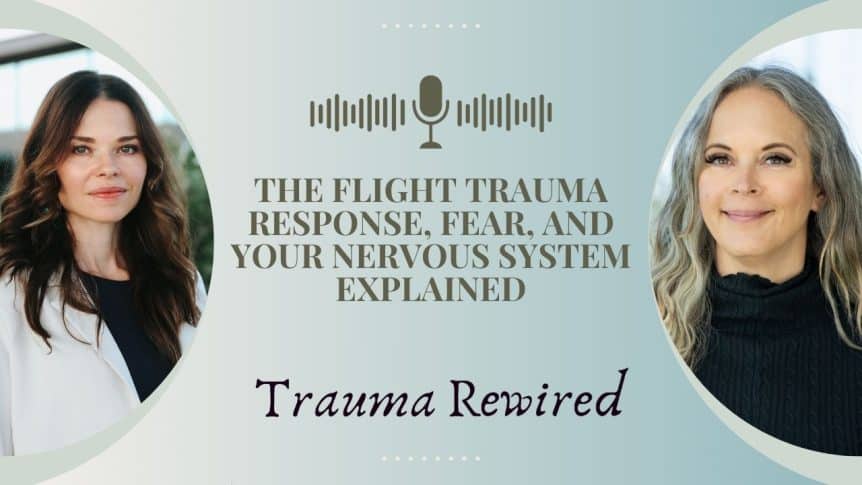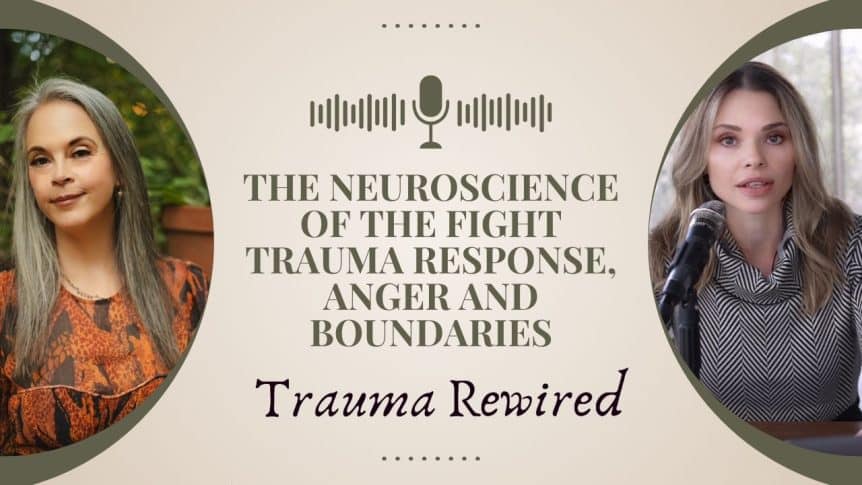“Fake it till you make it” can keep you moving, but there is a cost. When the prefrontal cortex tries to do the job of the whole brain, it burns fuel fast, cravings rise, and coping loops take over. This episode breaks down emotional regulation as a full-body, brain-wide process, not a mindset trick. You will learn how integration across …
Trauma is not a single moment. It is an ongoing dialogue between your brain, body, and environment. In this conversation, Dr. Mbemba Jabbi explains how neuroplasticity and affective neuroscience help us understand protective patterns like hypervigilance, shutdown, and dissociation. We explore the roles of the insula, amygdala, and cingulate networks in sensing threat, shaping emotions, and connecting brain states with …
Have you ever drawn a blank when asked how you’re feeling? Or maybe you experience constant inner buzzing, numbness, or anxiety without any words to describe it. You’re not broken—and you’re not alone. In this deeply informative and compassionately nuanced episode, we are joined with guest Matt Bush to unpack alexithymia: a common and often misunderstood trauma-related trait that involves …
Ambivalence isn’t confusion or weakness, it’s your nervous system doing its job. Feeling both joy and grief, relief and loss, fear and excitement, is not dysfunction but survival wisdom. In this episode of Trauma Rewired, we unpack ambivalence as a neurobiological phenomenon: how the brain and body construct emotions, why conflicting truths arise during transformation, and how to metabolize them …
Fawn is a nervous system survival strategy, not a personality flaw. It helps you keep connection and avoid threat by overriding your needs, smiling through discomfort, and saying yes when you want to say no. In this episode of Trauma Rewired, we unpack how fawn forms around attachment and safety, why it shows up in daily life and in sex, …
Functional freeze is not laziness. It is a learned survival strategy that lets you function on the outside while feeling numb or shut down on the inside. In this episode of Trauma Rewired, we unpack freeze, tonic immobility, and flop, and show how functional freeze can look like “getting by” while feeling numb inside. We map the differences between freeze …
Emotional repression is often invisible to high performers, and it can be one of the biggest barriers to sustainable success. In this episode of Trauma Rewired, we explore how trauma-shaped survival responses like fight, flight, freeze, and fawn can create patterns of overwork, perfectionism, and emotional disconnection. You’ll learn how subconscious repression differs from conscious suppression, how shame and perfectionism …
The fight response is often misunderstood as a personality flaw, but it’s actually a deeply wired survival adaptation shaped by past experiences and trauma. In this episode of Trauma Rewired, we explore the difference between healthy, time-bound anger and the chronic fight state, how they’re created in the brain and body, and why learning to process anger is essential for …
What if your constant stress, emotional triggers, and exhaustion aren’t a mindset problem, but a sign your nervous system is stuck in survival mode? In this episode of Trauma Rewired, we explore the science of nervous system reset, nervous system regulation, and how to restore the nervous system after chronic stress and trauma. Jennifer Wallace and Elisabeth Kristof unpack how …
